Feel like you literally can’t live without chocolate? Always need something sweet after a meal?
Can’t stop eating sugar once you start? You are not alone. Sugar addiction is real and common and, without doubt, the most addictive substance in our food today.
Studies have found that sugar triggers the release of dopamine in the nucleus accumbens — the same area of the brain implicated in the response to addictive drugs.
How does sugar addict come about?
In medicine, we use ‘addiction’ to describe a tragic situation where someone’s brain chemistry has been altered to compel them to repeat a substance or activity despite harmful consequences.
Research studies have linked a high added sugar intake with various medical conditions, including obesity, diabetes, and heart disease, as well as poor dental health.
Eating sugar releases opioids and dopamine in our bodies. This is the link between added sugar and addictive behavior.
Dopamine is a neurotransmitter that is a key part of the “reward circuit” associated with addictive behavior. When a certain behavior causes an excess release of dopamine, you feel a pleasurable “high” that you are inclined to re-experience, and so repeat the behavior. As you repeat that behavior more and more, your brain adjusts to release less dopamine. The only way to feel the same “high” as before is to repeat the behavior in increasing amounts and frequency. This is known as substance misuse.
We add sugar to our coffee, bake it into our favorite treats, and spoon it over our breakfast. We love the sweet stuff. We crave it. But are we addicted to it? Here are the signs of sugar addiction;
1. You need something sweet after every meal: Although it may seem “normal” to end a meal with a sweet treat or dessert, but if a meal just doesn’t feel complete without a sweet treat at the end, this is one of the best signs you’re addicted to sugar and it is time to re-evaluate your addiction to sugar.
2. Your taste buds are dulled to sweet foods: As you continue to eat sugar, you sugar tolerance will increase, so over time you need more and more sugar to satisfy your taste buds, and naturally sweet foods begin to tasteless and less sweet. So, if you no longer find fruit sweet-tasting, need an extra spoonful of sugar in your coffee, or can’t stand the thought of drinking plain water, it is one of the leading signs that you’re addicted to sugar.
3. Once you start eating sugar you can’t stop: Ghrelin is the hormone responsible for telling the body when it is hungry or not. However, overconsumption of sugar can cause ghrelin to become less sensitive and therefore can lead up to over-consumption of sweets even when we are not hungry.
4. Rewarding yourself with sugary treats: The additive side of your brain is gonna try and bargain with you. Your brain is clever and it’s addicted, so it’s going to use sugar as a reward to reinforce a good habit with a very bad habit. For example, if you decided to bike to work one day, you might say to yourself at the end of the day that you deserve a reward for that healthy habit – in the form of a slice of cake!This is a big sign of sugar addiction.
5. You’re generally tired: You know the drill; you wake up tired and feel sluggish and slow throughout the day. To give yourself a boost, you grab a soft drink or chocolate bar.
6. You try to cut your sugar obsession but keep on failing : Kind of like how alcoholics struggle to kick their habit, sugar addicts struggle with cutting sugar out from their daily diet, trying and failing only to end up increasing their sugar consumption.
What to do?
1.Eating protein is an easy way to curb sugar cravings. High-protein foods digest more slowly, keeping you feeling full for longer.
2.Replace habits: Instead of a sweet snack try a Fiber. Fiber helps fight a sugar itch in many ways. First, it keeps you full. High-fiber foods also give you more energy. Because they don’t raise your blood sugar, there’s no hungry crash after. Choose fruits, vegetables, and whole grains.
3. Exercise can help wipe out those sugar cravings and change the way you eat in general. You start to feel better and want healthier foods.
4. Drink – Consume plenty of water throughout your day. We often confuse thirst for hunger, so try a tall glass of water instead of a snack.
5. Consume Minerals – Mineral deficiencies can make blood sugar control worse. Eat plenty of mineral-packed green, leafy vegetables instead to keep your blood sugars level.
6. Enjoy fermented foods – Some individuals find they have fewer sweet cravings when they consume sour or bitter foods. Fermented foods ( ie cheese, soy sauce vinegar) healthy bacteria that may fight gut issues that were caused by high sugar intake.
Limit the ‘Healthy’ Sugars too
Honey, brown sugar, and cane juice may sound healthy. But sugar is sugar. Whether it comes from bees or sugar cane, it can cause your blood sugar to rise. Honey and unrefined sugars are slightly higher in nutrients, but their calories still count.
Quitting sugar is not as simple as it may seem, but the first step is awareness. It is important to remember that not all sugar comes in the form of sugary treats and desserts, but can also come in the form of crackers, granola bars, sweetened beverages, and any other form of refined carbohydrates. Although quitting sugar is tough, it can be done and many people have done it before.
Quitting sugar doesn’t mean that you will never eat sugar again, it simply means that when you do consume it, you will be able to do it under control and boost your overall health.
Thank you for reading
Dr Kelly


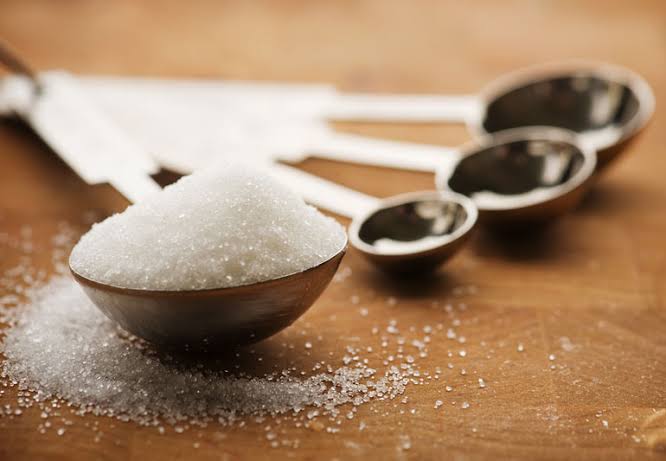
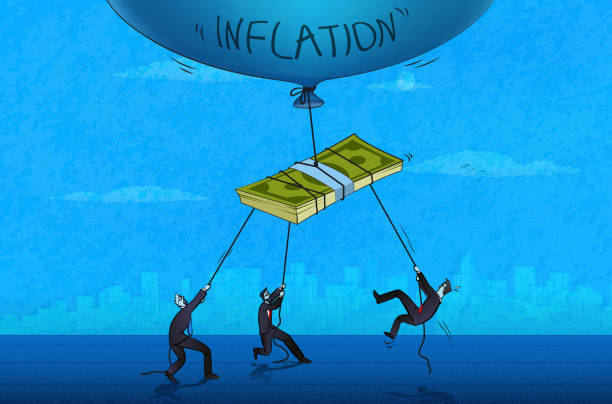
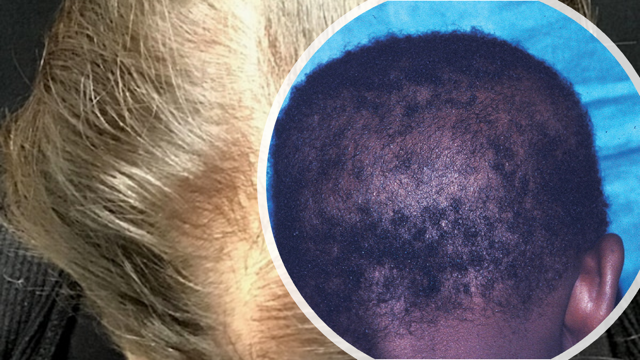
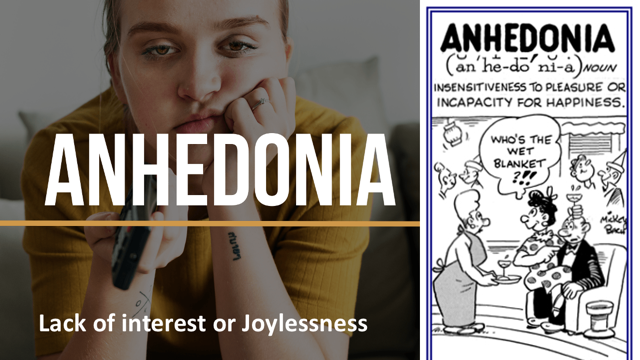









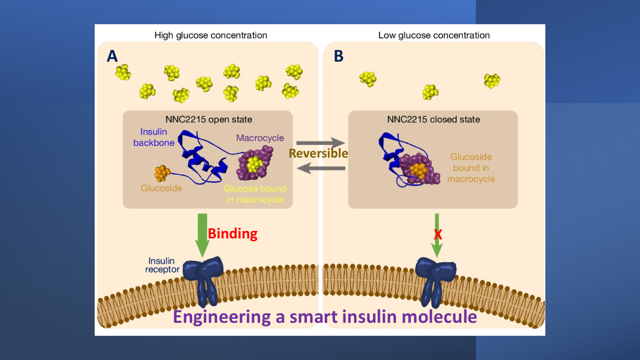
Follow Us